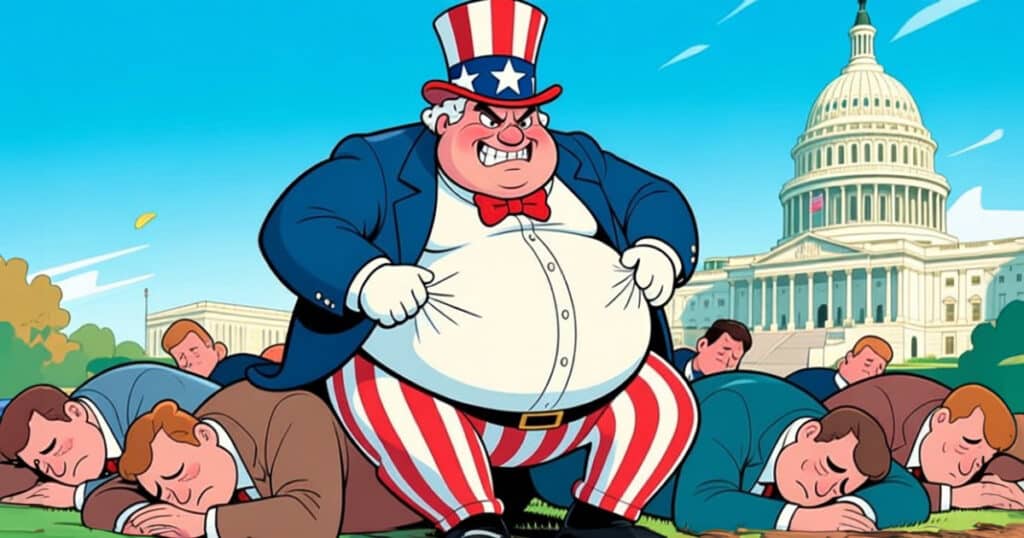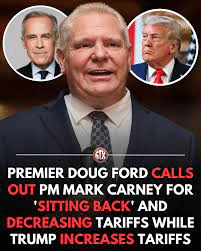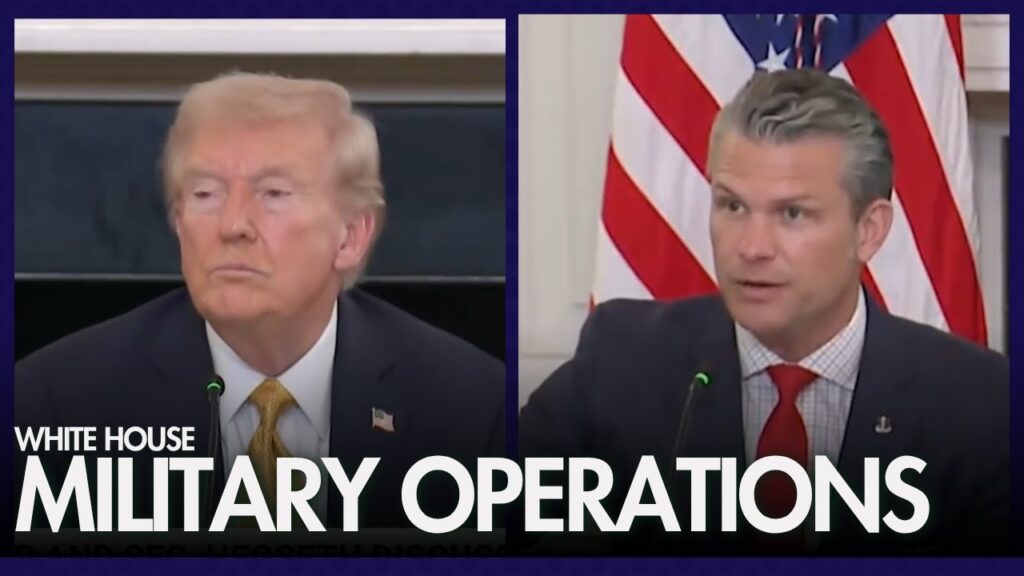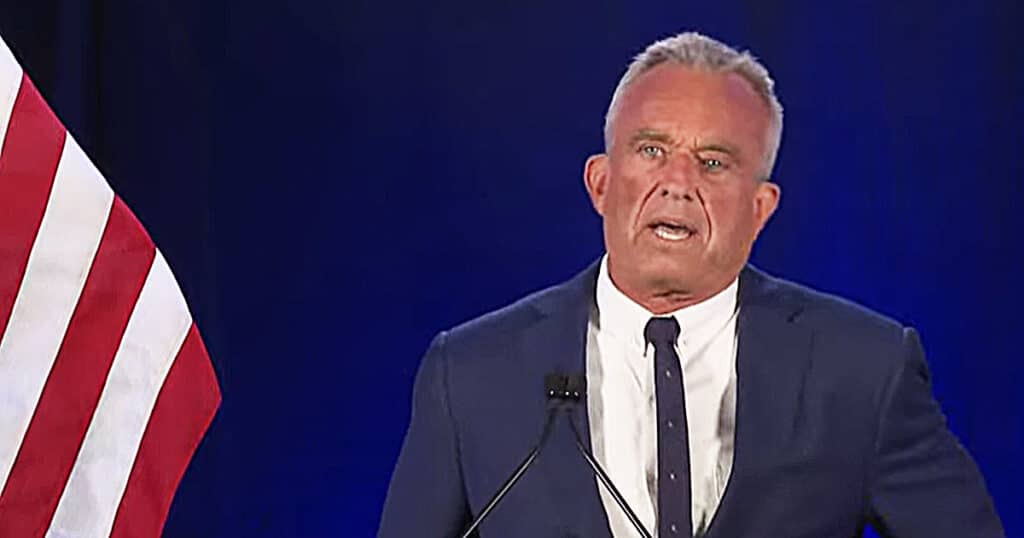
After Three Weeks of Partial Shutdown, Do We Need All This Government?
My late father, Albert George ‘Ladd’ Alexander, Jr. a Louisiana Republican political leader and political friend of President Reagan, would frequently say, only half-jokingly, ‘Each night I get on my knees and thank God Almighty that I don’t get all the government that I pay for.”
He would definitely understand the political moment in which we currently find ourselves, as the partial government shutdown reveals that hard working American taxpayers are paying for hundreds of billions in salaries for ‘non-essential’ federal government employees.
In short, we are over three weeks into this so-called government shutdown and very little has changed in the lives of most Americans. This begs the question: do we really need the enormous federal government that we have and pay trillions of hard-earned dollars for?
A number of writers and commentators have pointed out that the shutdown has a very positive aspect to it. As David Huff writes in the Wall Street Journal, “every government shutdown is an efficiency audit in disguise. During a shutdown, agencies must identify and keep essential employees on the job, forcing a triage that reveals the government’s assessment of what it needs to function.” (D. Huff, WSJ, October 16, 2025).
That’s why a shutdown is far leaner and more targeted than attempting to pass laws to trim or eliminate parts of government, which never happens! The federal government never voluntarily reduces its size. That is why President Reagan’s famous line still resonates so powerfully today: a government program “is the nearest thing to eternal life we’ll ever see on this earth.”
So, this forced government shutdown is actually beneficial because during that period, Mr. Huff continues, “agencies must submit ‘contingency plans’ categorizing which employees are essential … and only five narrow exceptions qualify: those employees protecting life and property, those necessary to the president’s constitutional duties, those performing legally mandated activities, those with funding outside the annual budget, and those authorized by other laws.” In this sense, every employee is “fired” and the only employees who are brought back are those performing core functions. What a novel idea! Huff concludes by stating that based upon this approach he believes “roughly 25% of the federal workforce could be permanently cut.”
By the way, what is the main hangup in restarting the federal government?
As The Heritage Foundation explains “to vote for a continuing resolution (CR), the Senate Democrats are demanding in part that Congress resume Medicaid, Medicare, and Affordable Care Act premium subsidy policies that open the door for illegal aliens to receive government benefits. These loopholes were terminated in the One Big Beautiful Bill Act (OBBBA) that was signed into law this July. The OBBBA limited eligibility for health benefits to U.S. citizens and lawful permanent residents, … thereby stopping eligibility for illegal aliens and other aliens here on a temporary basis. The Senate Democrats’ CR bill would repeal these changes made by the OBBBA.” (The Heritage Foundation, October 1, 2025).
So, our government is shut down primarily because Democrats in the U.S. Senate want to provide, at a huge cost to American taxpayers, health care to illegal aliens.
Fox News stated that “most recently, Democrats blocked a Republican-led attempt to provide essential government workers with paychecks amid an ongoing, 23-day shutdown, calling the bill overly selective and incomplete.” (Fox News, L. Briceno and E. Elkind, October 23, 2025). That bill, proposed by Sens. Ron Johnson, R-Wis., and Todd Young, R-Ind., failed in a 54-45 vote, where 60 votes were needed to advance the bill over the threat of a filibuster.
Columnist Kimberly Strassel writes that “shutdowns are a byproduct of Washington dysfunction. But Democrats’ intransigence in this one—their indifference to convention or consequence in their drive to impose their demands on a country they lost in the last election—is unfortunate evidence that dysfunction can always get worse.” (K. Strassel, Wall Street Journal, Oct. 23, 2025).
Obviously, at some point our federal government will need to fund its priorities. I think the resolution offered by Republicans would be more than adequate to that task because it would fund the government while negotiations occur on the issue of health care subsidies and many other things. We will see how that works out. However, an unintended result of this and other previous shutdowns is that the American people see that we have much more government than we need and for this reason, among others, this disruption has value.



